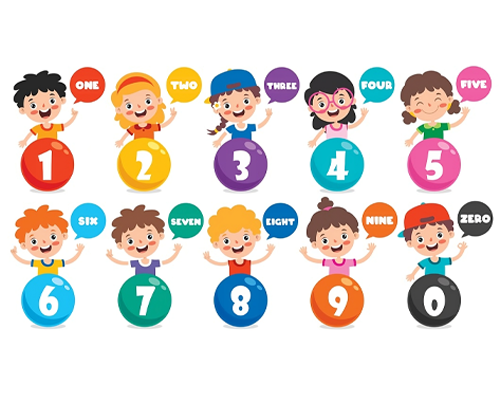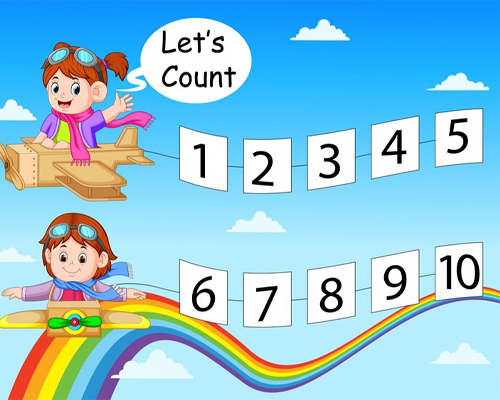Our Schools
Table of Contents
Benefits of Reading: Why It’s Important For Kids
Reading is an essential skill that children need to acquire, as it sets the foundation for their academic and personal growth. Books and reading can have a profound impact on a child's cognitive, emotional, and social development. In this article, we will explore the many benefits of reading and why it is so crucial for kids. We will also take a closer look at how Ekya Schools, one of the best CBSE and ICSE schools in Bangalore, encourages and promotes reading among its students.
The Importance of Reading
Reading is an excellent way to stimulate the mind and improve cognitive skills. When children read, they are exposed to new words, phrases, and ideas that they may not encounter in their daily lives. Being exposed to a wide variety of literature can aid in expanding a child's lexicon, augmenting their comprehension capabilities, and honing their critical thinking aptitude. Reading also helps children develop their imagination and creativity as they imagine the scenes, characters, and events in the stories they read.Books Reading: A Source of Knowledge
Books are a source of knowledge and information, and reading them is an essential part of a child's education. Reading books exposes children to a wealth of information on different subjects, from history to science to literature. This knowledge broadens their horizons and helps them better understand the world around them. Moreover, books offer different perspectives and viewpoints, which can help children develop empathy and understanding towards others.The Benefits of Reading Books for Students
Reading books has several benefits for students. It improves their academic performance by enhancing their vocabulary, comprehension, and critical thinking skills. It also helps them develop good study habits and discipline, which can be useful in their academic and personal lives. Reading books can also improve their writing skills as they learn how to express their thoughts and ideas more effectively.Reading as a Form of Entertainment
Reading is not just an educational activity; it can also be a form of entertainment. Reading books can be a fun and enjoyable activity that children can do in their free time. It can be a way to escape into different worlds and experiences, which can be especially important during times of stress or anxiety. Reading can also be a social activity, as children can share books with their friends and family and discuss their favorite stories and characters.Ekya Schools' Approach to Reading
At Ekya Schools, we understand the importance of reading and its benefits for our students. We encourage and promote reading in various ways, such as through our well-stocked libraries, reading clubs, and literary events. Our libraries are equipped with a vast collection of books on different subjects and genres, catering to the diverse interests and reading levels of our students. We also organize reading clubs, where students can discuss and share their favorite books and authors with their peers. Additionally, we hold literary events such as book fairs, author visits, and storytelling sessions, which further foster a love of reading among our students.Conclusion
In conclusion, reading is a vital activity that children should engage in regularly. It has numerous benefits for their cognitive, emotional, and social development and can significantly impact their academic and personal growth. At Ekya Schools, we recognise the importance of reading and strive to cultivate a love of books and reading among our students. By promoting reading and providing them with a rich and diverse collection of books, we aim to create lifelong learners who are knowledgeable, curious, and creative.Challenges And Opportunities In India’s Education System
Education is a crucial aspect of a country's growth and development. It shapes the future of a nation by providing individuals with the necessary knowledge and skills to thrive in their personal and professional lives. In India, the education system has undergone various reforms and changes over the years. However, there are still several challenges and opportunities that need to be addressed to ensure that every student receives a high-quality education. This article will discuss the challenges and opportunities in India's education system.












Leave a reply